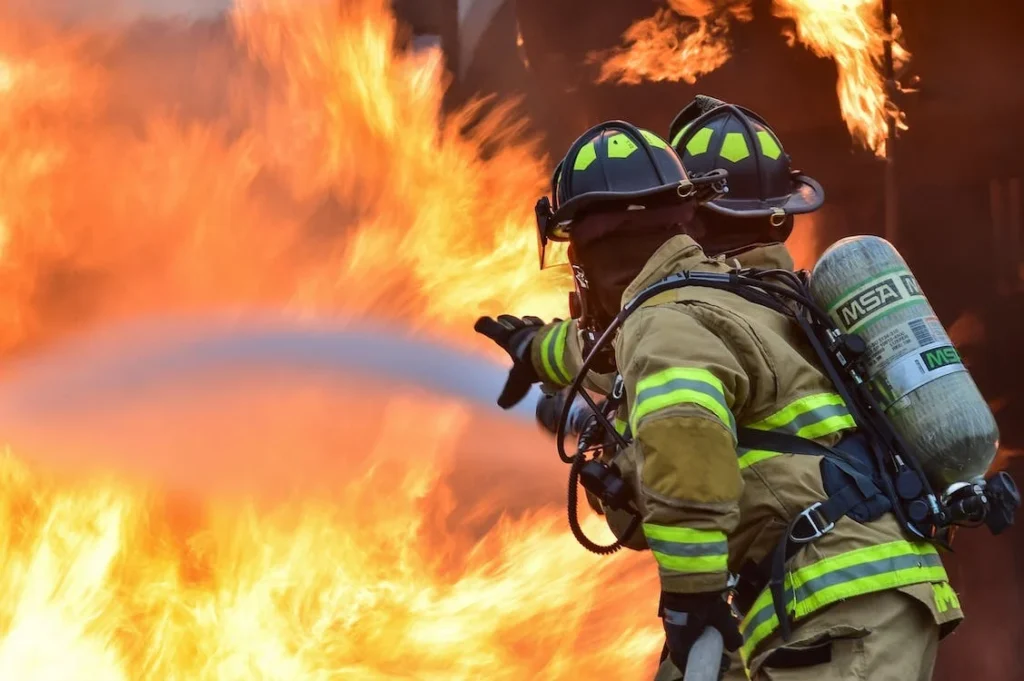Introduction
The oil and gas industry plays a pivotal role in powering the global economy, but it is not without its risks. Oilfield accidents can have severe consequences, leading to injuries, loss of life, and environmental damage. In the aftermath of such incidents, victims and their families often find themselves grappling with complex legal issues. This is where specialized oilfield accident law firms come into play, offering expertise and advocacy to those affected by these unfortunate events.

Understanding Oilfield Accidents
Oilfield accidents encompass a wide range of incidents that can occur during the exploration, extraction, and production of oil and gas. These accidents may involve explosions, fires, toxic chemical exposure, equipment failures, and transportation mishaps. The inherent dangers of working in oilfields make safety protocols crucial, but unfortunately, lapses or negligence can result in catastrophic consequences.
The Legal Landscape
The legal framework surrounding oilfield accidents is intricate, involving federal and state regulations, as well as industry-specific standards. Determining liability and seeking compensation in the aftermath of an accident requires a comprehensive understanding of these regulations. Specialized law firms that focus on oilfield accidents possess the expertise needed to navigate this complex legal landscape.
Roles and Responsibilities of Oilfield Accident Law Firms
- Investigation and Evidence Gathering: Oilfield accident law firms often initiate their involvement by conducting thorough investigations into the incident. This involves collecting evidence, interviewing witnesses, and collaborating with experts in fields such as engineering, safety, and environmental science. Establishing the cause of the accident is crucial for building a strong case.
- Liability Determination: Identifying the party or parties responsible for the accident is a key aspect of oilfield accident litigation. This may include the oil and gas company, contractors, equipment manufacturers, or even regulatory bodies. Specialized law firms delve into the specifics of the case to pinpoint liability and hold the responsible parties accountable.
- Regulatory Compliance: Oilfield operations are subject to various federal and state regulations. Lawyers specializing in this field are well-versed in these regulations and assess whether the involved parties adhered to them. Non-compliance can strengthen the case for negligence, contributing to the pursuit of compensation for the victims.
- Compensation and Damages: Securing compensation for victims is a primary objective of oilfield accident law firms. This compensation may cover medical expenses, lost wages, pain and suffering, and, in the case of wrongful death, funeral costs and loss of financial support. The goal is to ensure that victims and their families receive fair and just compensation for the damages incurred.
- Litigation and Trial Advocacy: If a fair settlement cannot be reached through negotiations, oilfield accident law firms are prepared to take the case to court. Experienced trial lawyers within these firms possess the skills and knowledge to advocate for their clients in a courtroom setting, presenting evidence and arguments to support their claims.

Conclusion
Oilfield accidents are unfortunately a reality in the oil and gas industry, and they can have devastating consequences for individuals and communities. Navigating the legal aftermath of such incidents requires specialized knowledge and experience, which is why oilfield accident law firms play a crucial role. By advocating for the rights of victims, holding negligent parties accountable, and seeking just compensation, these law firms contribute to the pursuit of justice and safety within the oil and gas sector.
